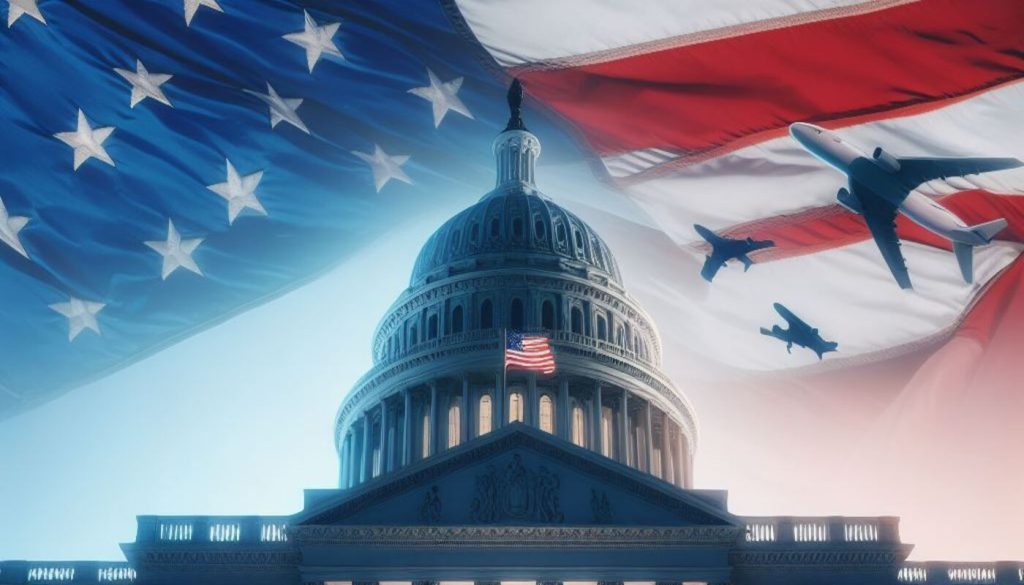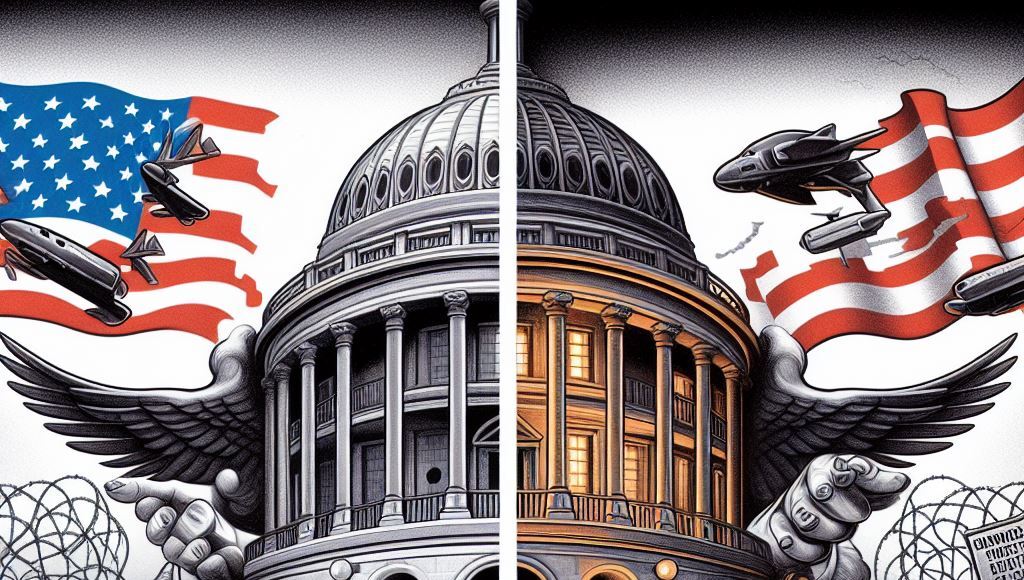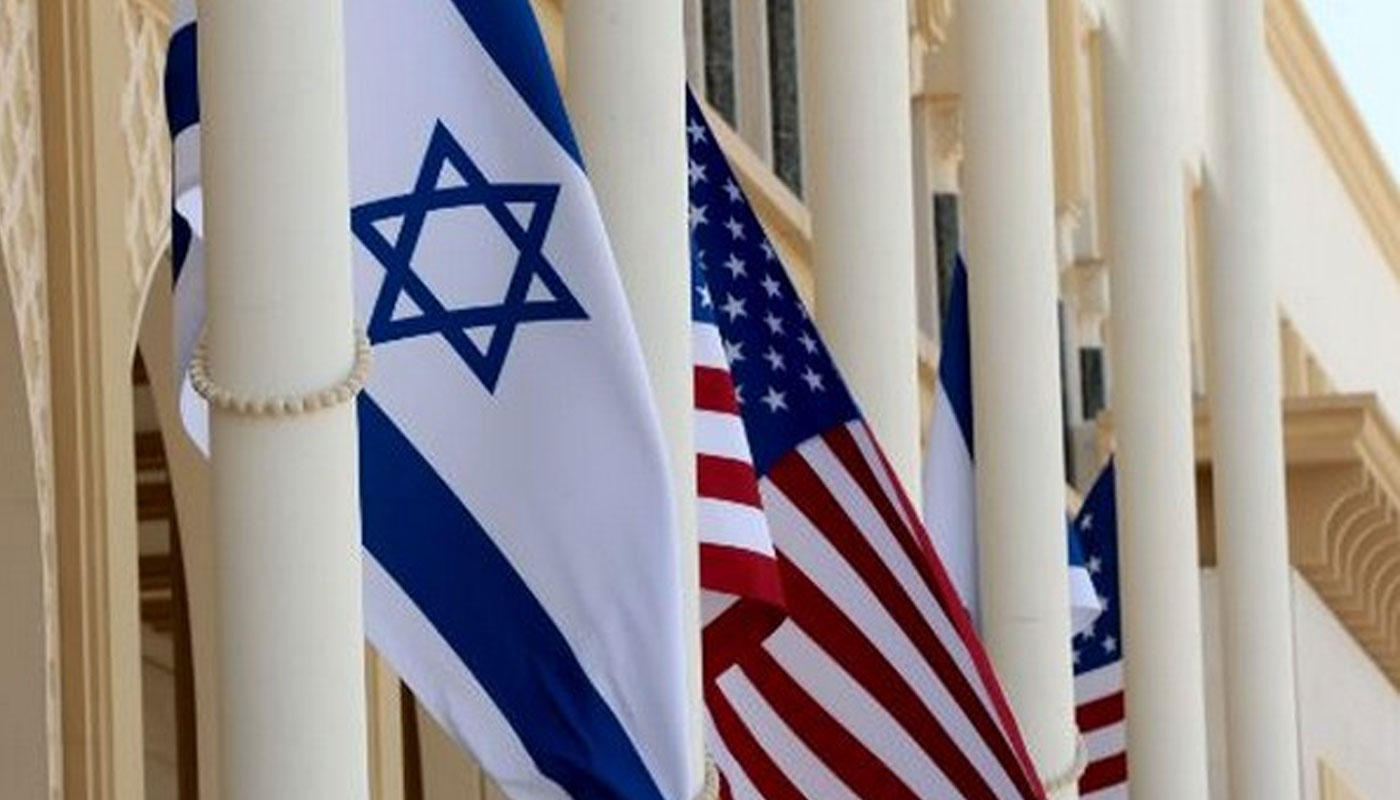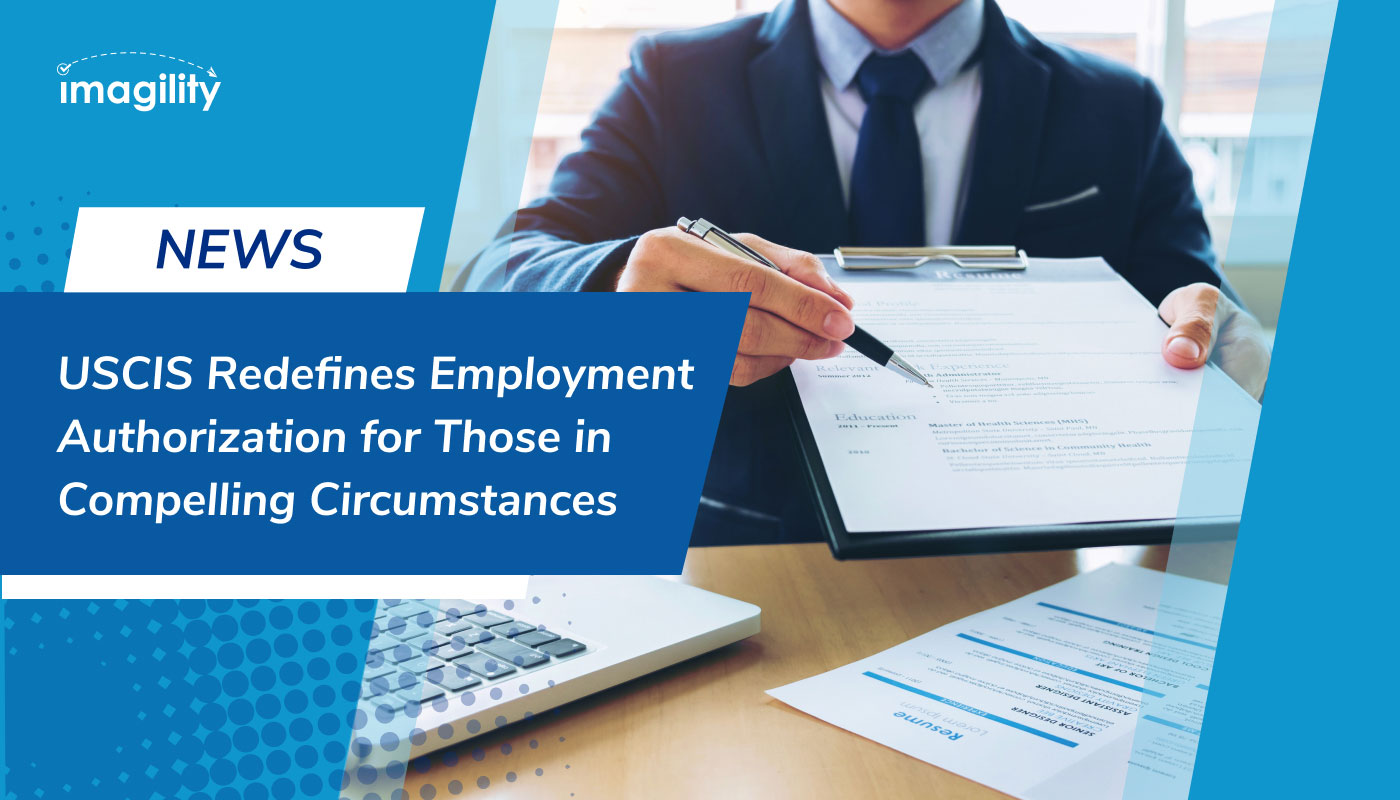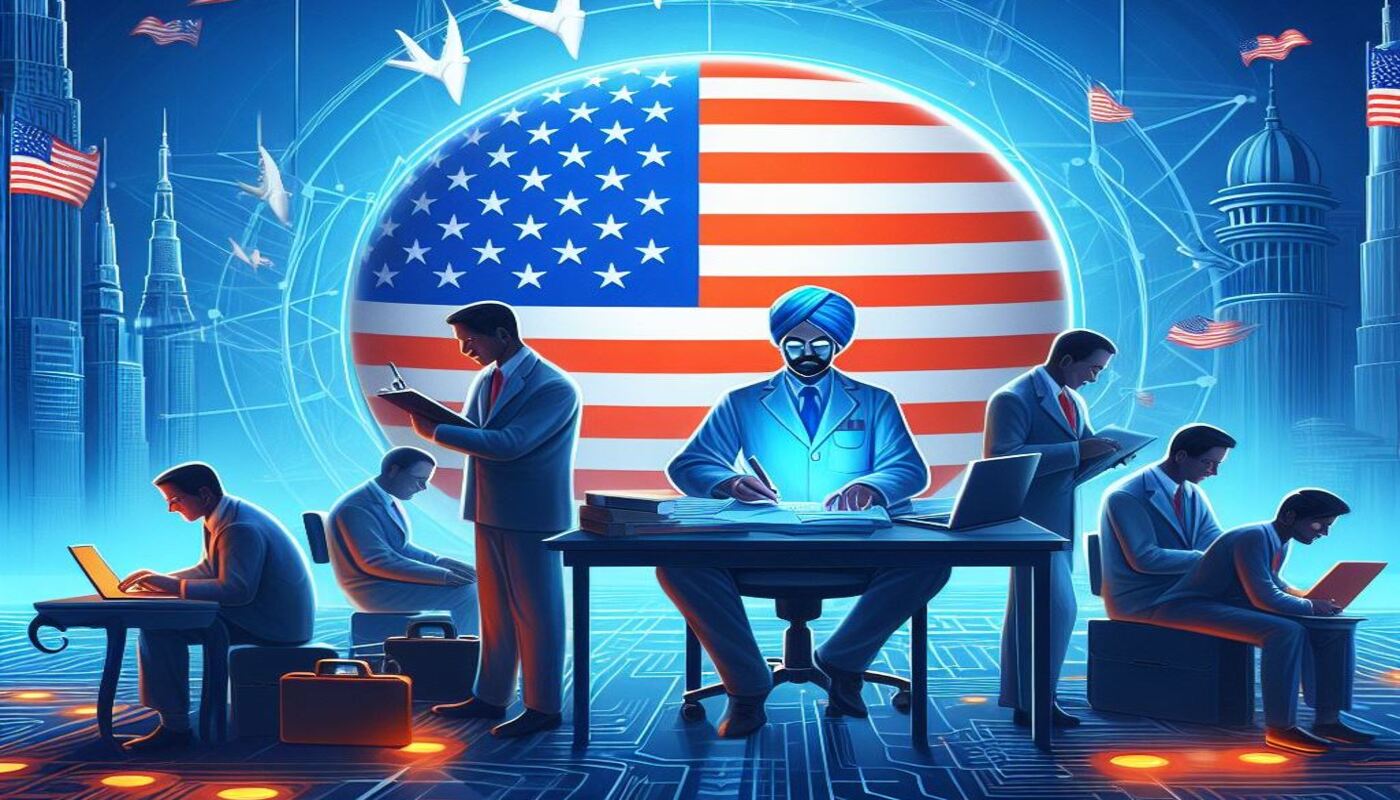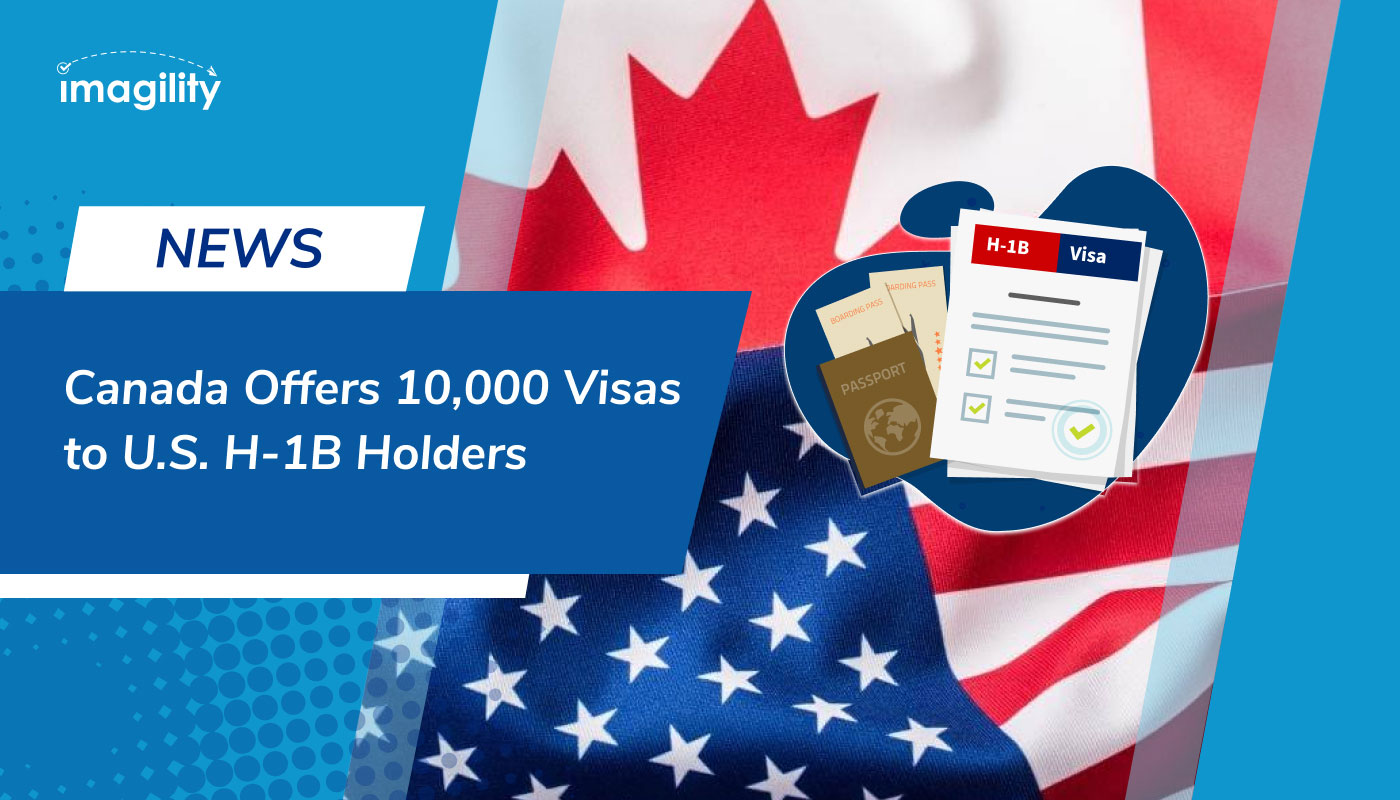As the November elections in the United States draw near, the spotlight intensifies on immigration issues, with H-1B visas taking center stage. With the primary focus on the candidates’ positions and proposed changes, this article delves into the significance of H-1B visas and the potential alterations in the visa regime.
Understanding the Importance of H-1B Visas
H-1B visas play a crucial role in allowing U.S. employers to hire skilled foreign workers for specialty occupations. Each year, approximately 85,000 H-1B visas are issued through a lottery system, with 65,000 available to all applicants and an additional 20,000 reserved for those with advanced U.S. degrees. Online filing for H-1B visas for fiscal year 2025 is scheduled to commence in February, with selected registrants expected to begin petition filing in April. Notably, the majority of H-1B visas are held by Indians, particularly professionals in the technology sector.
Presidential Candidates’ Stances on H-1B Visas
The leading Republican candidate, Donald Trump, has expressed strong views against immigration in recent campaign speeches. He has advocated for stringent measures, including what he terms as “the largest domestic deportation operation in American history.” Trump’s first term saw proposed H-1B visa restrictions and a significant increase in the denial rate from 6% to 13%. A potential second Trump presidency raises concerns about a resurgence of proposed rules impacting the H-1B visa program, potentially affecting IT and professional services companies.
Republican candidate Vivek Ramaswamy, who endorsed Trump before dropping out of the race, had proposed substantial changes to the H-1B visa regime, labeling it a “form of indentured servitude.” Analysts speculate that Ramaswamy could be Trump’s choice for vice president if he were to win.
Another Republican contender, Nikki Haley, advocates for legal immigration and a merit-based selection system aligned with economic needs.
Expected Changes in the H-1B Visa Regime
President Joe Biden has criticized Trump’s immigration policies and proposed more flexible rules for students and entrepreneurs seeking H-1B visas. However, his administration has also introduced measures such as allowing only one registration per employee and narrowing the definition of ‘specialty occupation’ to require specific degrees corresponding to job roles. The recent approval of an H-1B visa fee hike, pending official publication, aims to raise fees to curb potential abuses of the system.
These changes are poised to impact tech giants like Amazon, Google, Meta, Infosys, and Tata Consultancy Services, which employ a significant number of H-1B visa beneficiaries. The fee hikes will be borne by these employers, and the redefined relationship between job roles and degrees may pose challenges for tech companies that often prioritize industry experience over specialized degrees. Additionally, the new rules could increase the burden on employers to provide additional evidence to establish eligibility.
Source: MSN

